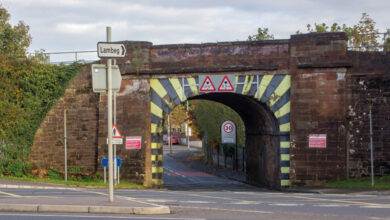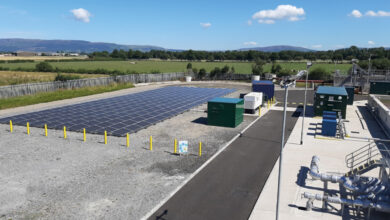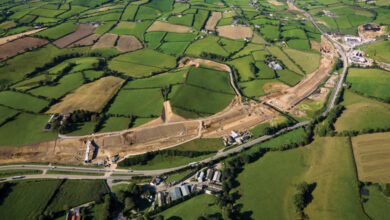Clarity in the countryside
A summary of the final PPS21 policy which slightly eases restrictions on rural dwellings.
“No-one has got their head around the question of how to meet the demand for [a stand-alone single house in the countryside] without creating a free-for-all”, Edwin Poots told his Assembly colleagues on 1 June.
As the Environment Minister issued PPS21, he revealed that while it clarifies most of the planning policy for deciding planning applications in rural areas, an important area will undergo further analysis: non-farming rural dwellers and their demand for ‘stand- alone’ houses.
During the 18-month consultation process on draft PPS21, it was suggested that residence, employment or family in a rural area should be reason enough to get planning permission. However Poots explained that policies relying on kinship or residency are “unlikely to [fulfil] the equality and good relations obligations under section 75 of the Northern Ireland Act 1998 and may also be contrary to European law.”
The Executive sub-committee will hold a further consultation on non-farming rural dwellers and an addendum will be made to the final document within the next six months.
PPS21 will operate alongside the DRD’s Regional Development Strategy and DARD’s rural white paper, which will urge planners to take the needs of the rural community into consideration.
Kieran McCarthy asked for assurances that “all new houses will be in keeping with our beautiful countryside.” Poots replied that a rural design guide will be launched in the autumn and gave an example of a neighbour who built a barn for his family to live in and attached it to an old building. “There is room for people to have novel ideas that are still appropriate for the countryside,” he concluded.
PPS21 point-by-point
1. Development in the countryside
Developments must integrate with their surroundings and meet drainage and road safety regulations.
2. Development in dispersed rural communities
Small clusters of up to six houses can be developed at focal points such as churches and crossroads. For new dwellings in existing clusters, it must ‘round off’ existing clusters of at least four houses.
3. Replacement dwellings
Non-listed dwellings should be refurbished rather than replaced. Where the original building is retained, it will not be eligible for replacement again. Agricultural buildings are not eligible.
4. Conversion and re-use of existing buildings
Old schools and churches are recommended for tourism and recreational uses, which must fit in with the landscape and not affect the amenities or land of neighbours.
5. Social and affordable housing
If the Housing Executive shows that they can’t meet housing need within a nearby settlement, a housing association may apply for a maximum of 14 dwellings for social housing near a small settlement.
6. Personal and domestic circumstances
If proof of genuine hardship or other specific circumstances shows a dwelling is necessary, and there are no alternative solutions such as an extension, planning permission may be granted.
7. Dwellings for non-agricultural business enterprises
If it is proved essential for an employee to live on the site in connection with a non-agricultural business, permission may be given.
8. Ribbon development
Defined as a line of three (rather than six) buildings along a road or path without development to the rear, or buildings that have a common frontage; ribbon development will be refused.
9. Residential caravans or mobile homes
Planning permission will be granted only in exceptional circumstances for a temporary period of time.
10. Dwellings on farms
New houses on farms will not be permitted unless the existing farming business is proved to be both established and active. Because it is not always practical to build a new dwelling close to existing farm buildings, an alternative site may be used if it can be proved that the applicant has health and safety problems or genuine plans for business extension.






